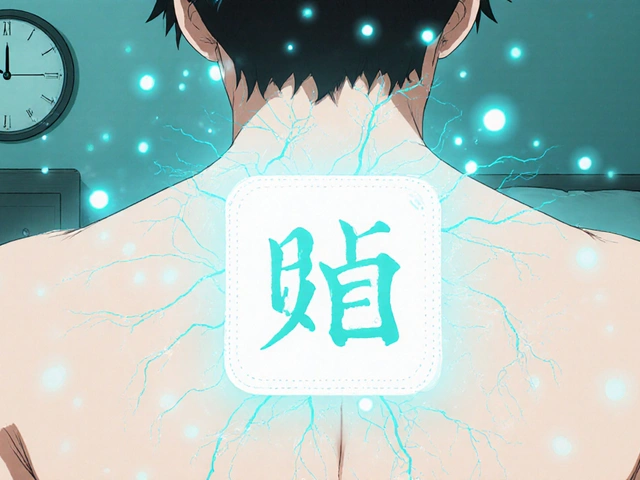Allergic Rhinitis – Quick Facts & How to Find Relief
If you’ve ever had a sudden runny nose, itchy eyes, or nonstop sneezing during spring, you’ve probably dealt with allergic rhinitis, also called hay fever. It’s not a cold, and it isn’t contagious. Instead, your immune system overreacts to harmless particles like pollen, dust mites, or pet dander. The result is inflammation in the lining of your nose, which makes you feel miserable.
Symptoms and Triggers
The most common signs show up in the nasal area: clear runny nose, thick post‑nasal drip, and a feeling of congestion that won’t go away. Eyes get red, watery, and itchy. Some people also get a mild sore throat or a cough caused by mucus dripping down the back of the throat. Symptoms usually flare up when you’re exposed to the trigger for the first time in a while – think opening a window during pollen season or cleaning a dusty attic.
Typical triggers include:
- Pollen from trees, grasses, and weeds
- Dust mite droppings
- Pet dander (especially from cats and dogs)
- Mold spores
- Strong odors like perfume or cleaning fumes
Keeping a simple diary of when your symptoms start can help you spot the culprit. Write down the weather, where you were, and what you were doing. Over a few weeks you’ll often see a clear pattern.
Simple Home Remedies and When to Use Medication
Before you reach for prescription drugs, try a few low‑cost tricks. Rinsing your nose with a saline spray or neti pot clears out pollen and reduces swelling. Do it twice a day during peak season for best results.
Running a HEPA filter in your bedroom can cut down on indoor allergens. Wash bedding in hot water once a week, and consider dust‑mite‑proof covers for pillows and mattresses. If pets are the trigger, keep them out of your bedroom and bathe them weekly.
When symptoms persist despite these steps, over‑the‑counter antihistamines like cetirizine (Zyrtec) or loratadine (Claritin) are usually enough. They block the histamine release that causes itching and runny nose. If you need faster relief for a stuffy nose, a short‑acting nasal steroid spray such as fluticasone works well and has minimal side effects when used as directed.
Always read the label and follow the dosage instructions. If you have high blood pressure or glaucoma, check with a pharmacist before choosing a decongestant pill, as some can raise blood pressure.
In rare cases, allergy shots (immunotherapy) or prescription leukotriene blockers may be recommended by a doctor. Those options are for people whose symptoms are severe or don’t improve with OTC meds.
Bottom line: identify your trigger, keep your environment clean, use saline rinses, and add an antihistamine if needed. That combo handles most cases of allergic rhinitis without a doctor’s visit.
Got more questions? Our site has detailed guides on buying safe, cheap antihistamines online, how to spot legit pharmacies, and what to look for in product reviews. Feel free to explore the related posts for deeper tips.
Seasonal Allergies Explained: Causes, Symptoms, and Relief Strategies
Discover what triggers seasonal allergies, how the immune system reacts, common symptoms, and effective ways to find relief.
View More




